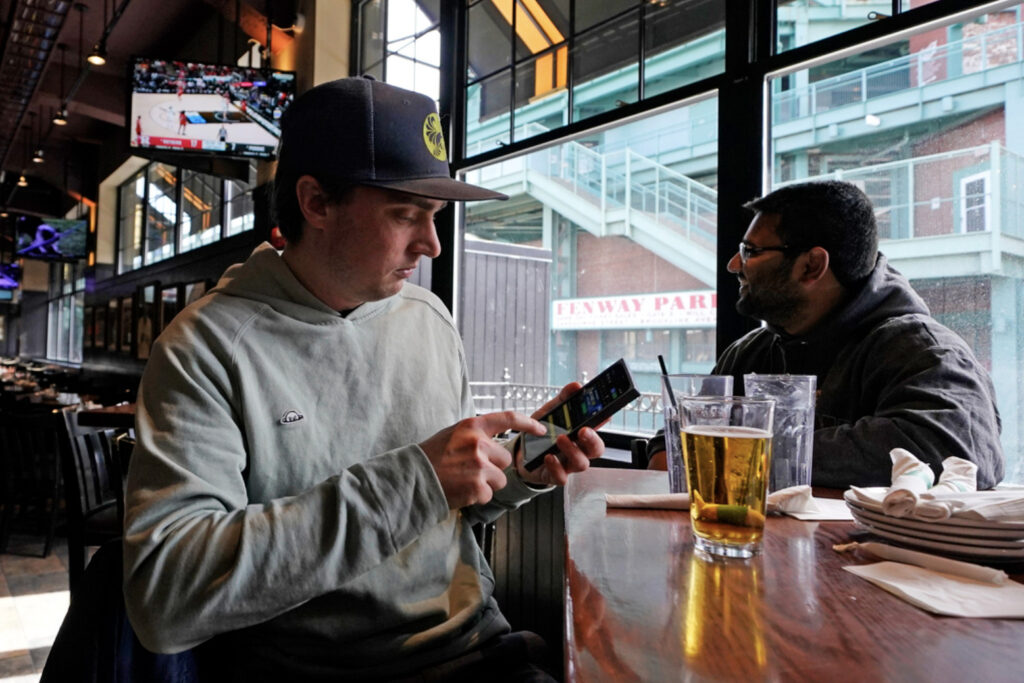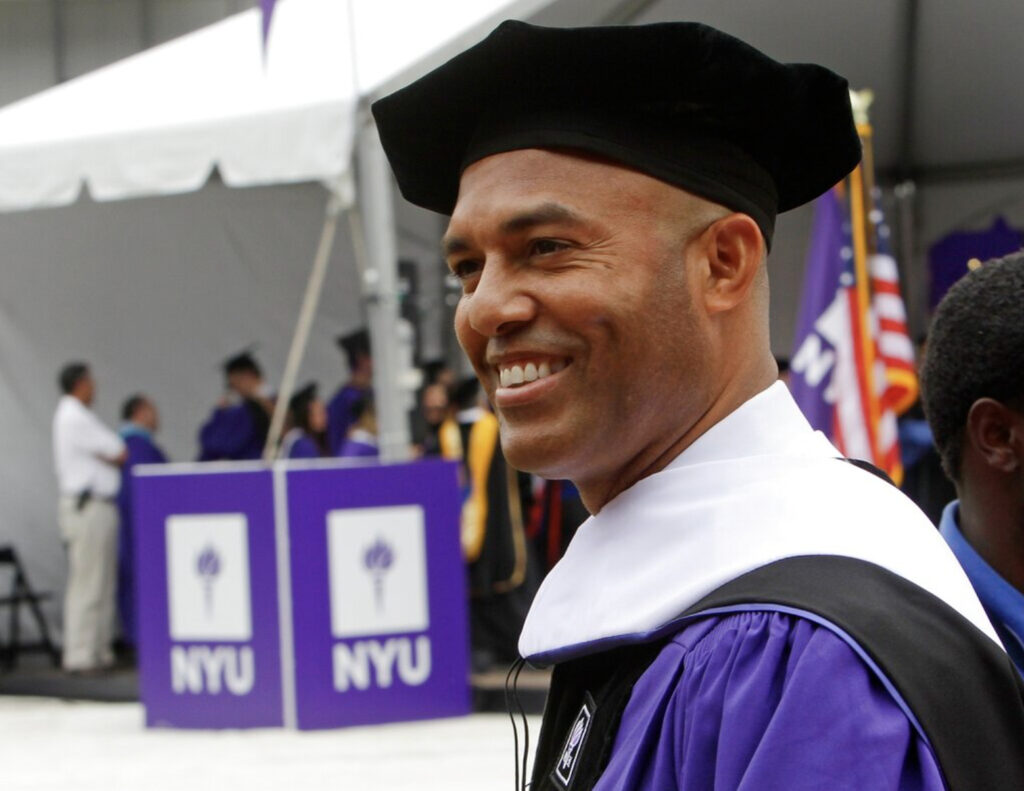
Ever since the Supreme Court ruled the Professional and Amateur Sports Protection Act (PASPA) unconstitutional in Murphy v. National Collegiate Athletic Association, the landscape of sports betting has changed rapidly. I find it both fascinating and concerning to witness the industry’s tremendous growth in recent years. The lure of convenience and the excitement it offers has led to a booming industry. To illustrate, in 2020, the legal sports betting market in the United States was valued at approximately 2.5 billion dollars, and it is projected to grow exponentially in the coming years.
However, beneath this façade of growth lies a troubling problem — the surge in gambling addiction. Studies show that an estimated 2 percent of the population suffers from a diagnosed gambling problem, and 3-5 percent exhibit subclinical gambling disorder symptoms. The prevalence of gambling addictions has also been steadily increasing in the US. With the proliferation of online sports betting platforms, this figure is expected to rise even further. It’s troubling to see the very convenience that attracts people to sports betting also be a catalyst for addiction.
Digital sports betting has a detrimental impact on our society, sports, and economy. Unfortunately, sports media and league leadership have determined that supporting these digital betting platforms is an economic “slam dunk.” ESPN and the NFL, for instance, look to pull in billions of dollars every year from sports betting without internalizing the massive problems that it poses to the future of sports. It’s crucial that we acknowledge not only the economic potential of this industry but also the social responsibility as we hold to safeguard the well-being of individuals who may succumb to the allure of sports betting.
The mentality that “too much of anything is bad, but too much money is barely enough” is a key component to the market fueled by increased rates of gambling addiction. For some of the platforms, there are internal operations for gambling addiction measures, with companies like FanDuel donating pocket change to the National Council on Problem Gambling (NCPG) and implementing in-app tools that allow the user to regulate their deposits within a time period. The reality, however, is that companies like FanDuel have spent the last decade lobbying legislators to legalize mobile betting, permit gambling partnership deals, and redefine the industry as a “game of skill” rather than one of chance.
For the bettors, there are some indicators of a growing self-awareness of both the frequency and scale of individual gambling habits. The issue is that even when people report having symptoms of problem gambling, the willingness to categorize their behavior as an addiction is less common than other common disorders, like substance use and anxiety, and researchers are struggling to understand why. Only 10 percent of pathological gamblers seek help, and 39 percent fail to continue their treatment.
Evidently, the convenience and accessibility of digital sports betting platforms have contributed to an upsurge in gambling addiction cases, especially amongst young adults and minors who are deeply entrenched in sports internet.
The compulsion to place bets, driven by enticing promotions and in-game betting options, often leads to a vicious cycle of debt and distress. Furthermore, the pervasive advertising and promotion of digital sports betting on social media and sports events normalizes risky behavior in large group settings. The prevalence of this behavior in youth populations and social settings are contributing factors to the stigmatization of the gambling problem, which further discourages individuals to seek help.

As college students, there are additional factors we ought to consider for both the presence of these betting entities on campus and the ability to place bets on college sports. The NCAA, the governing body for collegiate athletics in the United States and defendant of the 2018 Supreme Court case, has implemented policies to address the challenges posed by college sports betting. One of the primary objectives of these policies is to maintain the integrity of college sports and protect the well-being of student-athletes.
The NCAA recognizes that the proliferation of sports betting can put student-athletes at risk of outside influences and unethical behavior. To counteract this, the organization has strict regulations in place that prohibit student-athletes and coaches from gambling on both college and professional sports. Furthermore, it has established guidelines for educational programs on sports betting awareness. These programs are designed to educate student-athletes about the risks associated with sports betting and the importance of maintaining ethical conduct.
However, for some states, the general public is allowed to bet on the performance of collegiate programs and players. In fact, online betting companies have partnered with universities around the country to allow for in-stadium advertising and promotional codes for matriculated students, with some even going so far as to designate local casinos as the official resort of their respective athletic program. Lawmakers are trying their level-best to enforce advertising standards, preventing sports books from targeting individuals below the age of 21, but it’s clear that these firms have leverage over university administrators.
As NYU students, we have to remain vigilant as this debate comes to our campus and even our classrooms. It’s not uncommon to see students shopping or playing games during class, but more and more frequently I am encountering classmates who use DraftKings and bet365. Finding NYU students who are interested in sports is relatively difficult, and among those few that I have found, the conversation about the spread and other sports betting terminology often surfaces. Although hardly a reliable metric for real engagement in behavior, there was a Reddit post on the NYU Reddit fielding interest for a sports betting club.
There is certainly an interest in the industry itself, which is demonstrated by NYU’s integration of the topic into coursework. In the Fall of 2022, the Graduate School of Professional Studies offered a Real World course in partnership with the Caesars Sportsbook. The class tasked students with creating a responsible marketing strategy for the gambling giant. Although these types of classes benefit students by offering them the opportunity to get experience in the workforce, I’m concerned about the precedent these partnerships set for our university.
We have to ask ourselves what kind of “responsible marketing strategies” and future industry “leaders” are the gaming platforms looking for, especially as students are using this opportunity to enter their talent pipelines. Daniel Isenberg, the Creative Director of the Caesars Sportsbook, saw this collaboration as “an interesting opportunity to connect with the new generation of sports fans, or sports bettors,” which conflates the two different groups in a gross revelation of the true vision of these gaming platforms: engrain betting into the general psyche of all sports fans to maximize profit. This undermines the focus of these Real World programs, which is building a “responsible relationship between an industry and academia,” not to exploit the perspectives of our students to better reach potential university age bettors. Caesars and NYU SPS evidently understood that it would be somewhat morally questionable to offer a course to undergraduate students when the legal age of gambling is over 21 years.
The Stern School of Business, however, doesn’t seem to share this inhibition. This semester, they offered a marketing course called “Intro to Sports Betting” to any student with a sophomore standing or above. To the credit of the professor, Stephen Master, who is a founder of a sports media and gaming advisory firm, there is some mention of “the importance of game integrity & compliance” in the course description.
I raise my concern at the integration of industry leaders into the discussion of content creation, social media, sponsorships, and the broader entertainment landscape. There are lots of different angles to view gaming, whether these be historical analyses of gaming, scientific analyses of the neuron-activation that drives gambling addiction, or legal analyses of the ethics that guide the landscape. Master posits the view that “gaming is entertainment,” therefore NYU is simply working to climb university rankings for receiving a degree in EMT. The NYU alumni with casino industry ties who suggested the course be a part of the EMT curriculum agree.
Perhaps my public policy perspective is too cynical and overly concerned with the grave dangers that sports betting poses to our society. Perhaps this article is written without any consideration for the profit margins of these poor gambling executives who simply want to support the free-market economy. Besides, who is more trustworthy to discuss the implications of the growth within the sports betting industry as guest speakers in a class full of impressionable 19 year old business students than “sports gambling industry executives, innovators, sportsbook operators and other key stakeholders from leagues, teams and sports media companies?”



